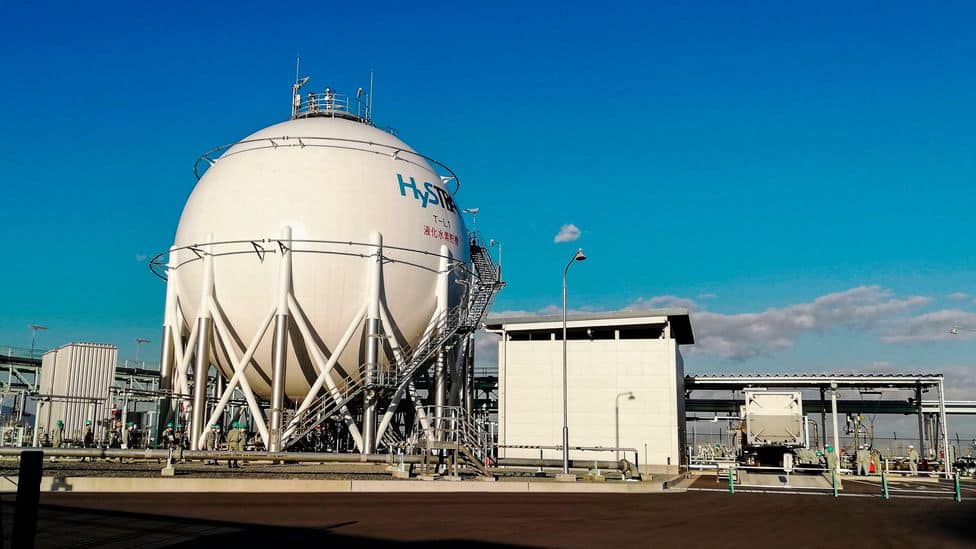The head of Saudi Basic Industries Corporation (SABIC) has urged ‘chemical companies’ to decarbonize promptly in order to improve what he termed as green credentials.
Yousef A. Al-Benyan, chairman of SABIC, was speaking at the Gulf Petrochemicals and Chemicals Association Leaders’ forum in Dubai.
Addressing delegates, he said: “For GCC (Gulf Cooperation Council) chemical companies, achieving the decarbonization objective is even more critical than for other manufacturing sectors of the economy, as the chemical industry itself is a decarbonization tool for national oil companies.
“We have to think about this challenge much more strategically with a laser-sharp focus.”
Al-Benyan identified three priority transformation areas for the chemical industry: partnerships and collaborations; agility; and new business and operating models.
He added: “The key question is how GCC companies can address these priorities. The answer is by focusing on talent and technology. We have to take a global approach to attract and retain top talent and, at the same time, we must create a sustainable source of competitive talent at home.”
He went on: “As far as technology is concerned, we have to admit that GCC chemical companies are largely technology users. Going forward, technology will create a greater divide between technology-developers and technology-users as the resource advantage erodes.”
The event follows the inaugural GPCA Leaders Forum held last year, which saw regional leaders share their learnings from the pandemic, deliver a unified message of resilience, and re-emerge ready to face future challenges.
SABIC unveiled its Carbon Neutrality Roadmap in 2021, setting out a strategy to decarbonize its operations by 2050, in line with the goals of the Paris Agreement. The roadmap identifies five pathways to decarbonization: Reliability, Energy Efficiency and Improvements; Renewable Energy; Electrification; Carbon Capture; and Green/Blue Hydrogen.








